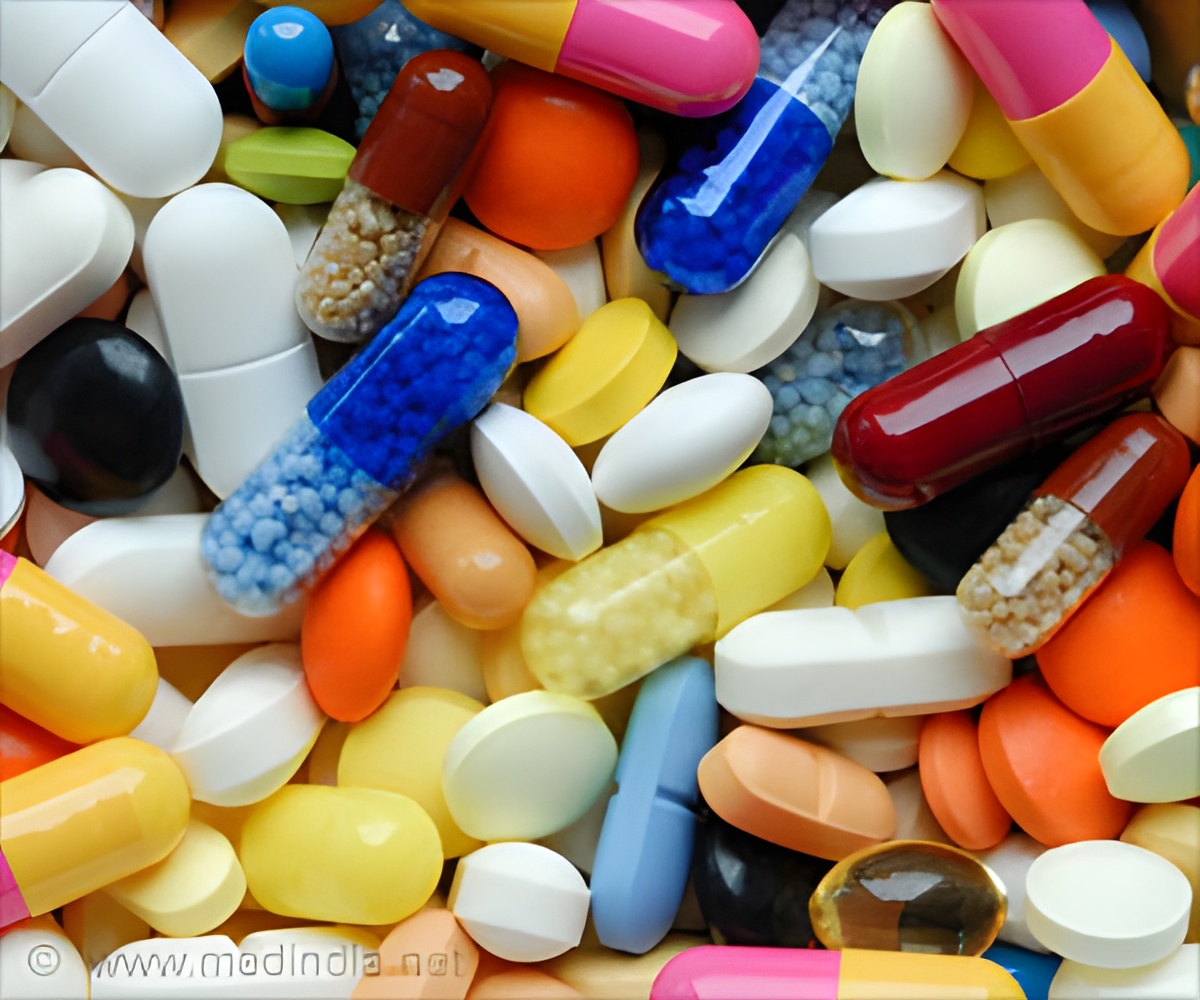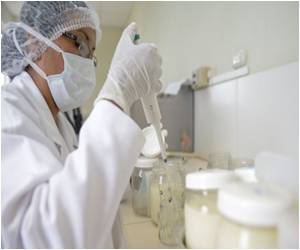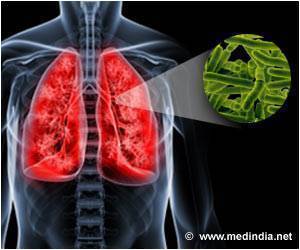Inappropriate use of antibiotics can cause bacteria to become resistant to even the most powerful antibiotics and can transfer their drug-resistant properties to other bacteria.

Dr Deepak Gupta, pediatrician, said, “When parents bring child to doctor for cough, cold or sore throat they automatically expect a prescription for antibiotics. And they’re surprised if doctor does not prescribe the same. Parents want their kid to get well as quickly as possible. But your doctor could be doing you and your child a favor by not prescribing antibiotics.”
Taking antibiotics for cold and other viral infections can have dangerous side effects and help create bacteria that are harder to kill, said Dr Gupta.
Inappropriate use of antibiotics can cause bacteria or other microbes to change so antibiotics does not work against them. Treating these resistant bacteria requires higher doses of medicine or stronger antibiotics.
“Because of antibiotic overuse, certain bacteria have become resistant to even the most powerful antibiotics available today. Any bacterium that survives an antibiotic treatment can then multiply and pass on its resistant properties. Also, some bacteria can transfer their drug-resistant properties to other bacteria,” said medical specialist Dr Amarbir Singh.
“It is tempting to stop taking an antibiotic as soon as you feel better. But the full treatment is necessary to kill the disease-causing bacteria. Failure to do so can result in the need to resume treatment later and may promote the spread of antibiotic-resistant properties among harmful bacteria,” advices ENT specialist Dr Gaurav.
Advertisement
Source-Medindia















